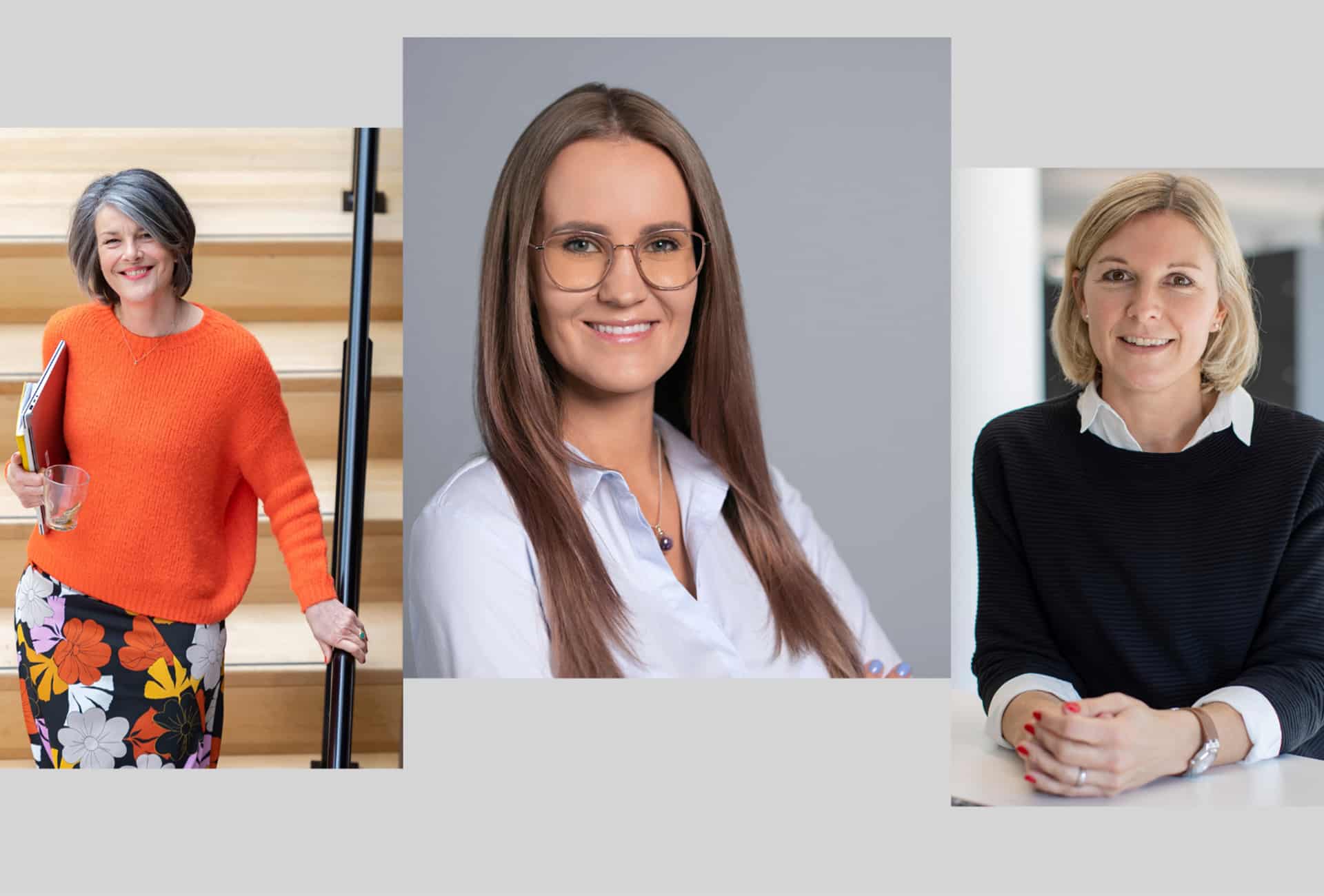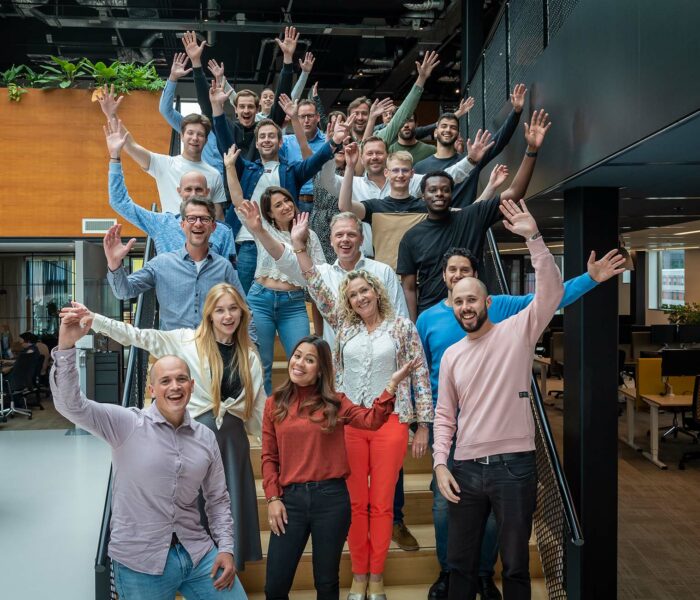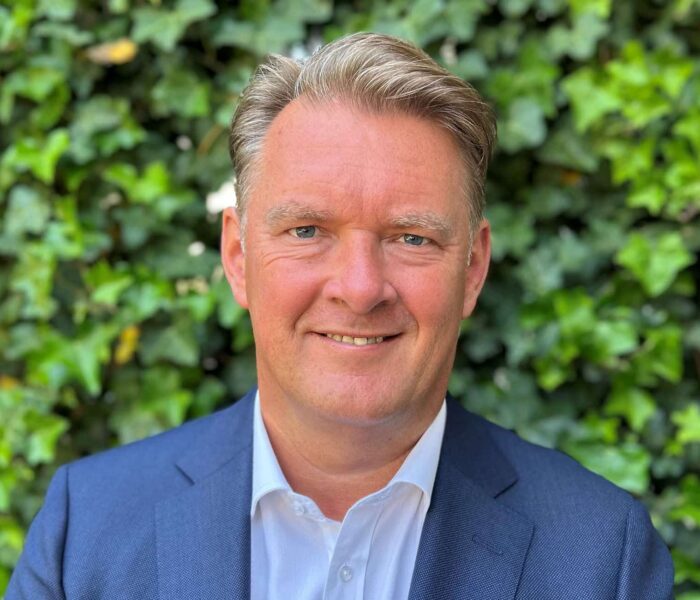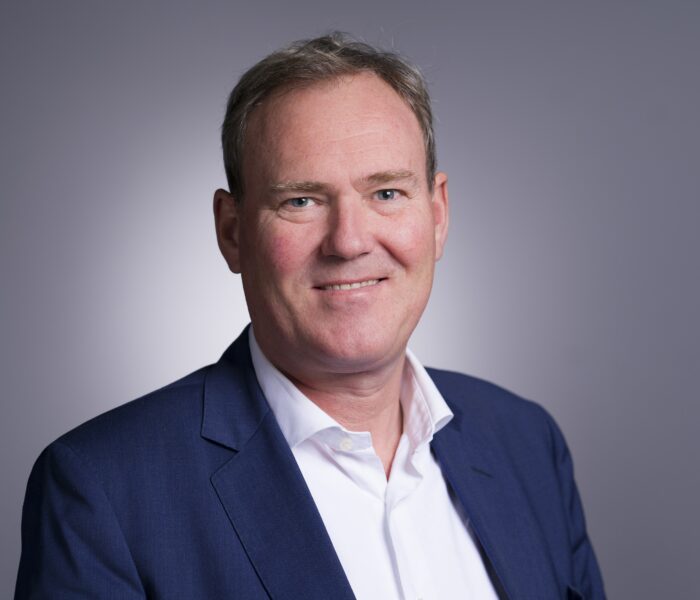We have come a long way since then, but there’s no denying that there’s still some way to go. In this interview with Jacqueline, Juste and Maren, they share their experience of working in a more male-dominated field and how they have successfully managed their careers and are keen to see more women and diverse people in their sector.
Can you describe how you became interested in IT?
Jacqueline: ‘My fascination with IT began when I was working as a graphic designer during the early days of Apple Macintosh. The transformative influence of these computers on the design industry intrigued me far more than the designs themselves. This marked the start of my interest in information and communication technology.’
Juste: ‘One of the reasons I decided to enter the IT world is the opportunity to do challenging and innovative work. As one of the main drivers for me at work is rapid changing environment and different challenges, I decided to give it a go! From the moment I started, I also really enjoy the creative part of my work, which allows me to come up with different types of ideas and solutions.’
Can you tell us about your career path, and how you progressed in this field that is typically dominated by men?
Maren: ‘I started my professional career in a large advertising agency in the field of above-the-line communications. I had female and male managers and a female CEO. All of them challenged and supported people equally, regardless of gender. That certainly shaped me and reinforced my belief that with the right commitment and performance, all doors are open. In digital agencies, the overall gender balance is already close to even – but there is certainly still potential at the senior management level.’
Juste: ‘In July I celebrated my 10-year anniversary in IT. I started at the IT Service Desk of the British bank Barclays in Lithuania. The first days as an IT support analyst was really stressful but as I got a better understanding on how things worked, it became a better specialist. When I left 5 years later, I had already been promoted 2 times to the management team. Then followed 3 great years as Manager Global Operations for an American company and the last 2 years at Macaw. The main competencies that helped me excel are love of challenges and a fast-paced work environment. I do my utmost to achieve results and be a very approachable colleague for everyone.’
Jacqueline: ‘Initially, I worked in the ICT department of a consortium of Dutch newspapers as a functional consultant, focusing on the graphic portfolio involving tools like Adobe Photoshop and Mac computers. After outsourcing this department to PinkRoccade, I transitioned to the role of Service Delivery Manager. Since then, I’ve been actively engaged in the realm of IT.’
In your opinion, what are the most significant challenges women continue to face in the workplace, and how can they be addressed?
Juste: ‘Some of the biggest challenges from my perspective is still being gender bias and stereotypes. Ways to address this include training, workshops, open conversations, women speakers, etc.’
Jacqueline: ‘The workplace largely remains male-dominated, with their mannerisms, humor (..), and voices often dominating the atmosphere. In the past, I chose to assimilate and be “one of the guys,” which meant tolerating sexist and inappropriate comments in silence. However, I wouldn’t recommend this approach to young women. It’s essential to be authentic and address any behavior, remarks, or atmosphere that goes against your values.’
What steps do you believe need to be taken at both individual and organizational levels to further advance gender equality and create an inclusive work environment?
Jacqueline: ‘Our society still sees full-time working women in IT as exceptions. As long as the perception exists that women neglect their role as mother by working full-time, it will continue to be a challenge to effect change within organizations like Macaw. Encouraging men to take on more responsibilities when children are born could be one way to approach this.’
How have you observed the workplace evolve in terms of gender equality over the years, and what positive changes have you witnessed?
Juste: ‘In my 10 years of working experience, I see a massive change in terms of gender equality. I see more women in leadership roles and female developers and engineers. One of the main reasons, I think, is that the world is changing toward more openness, that women are more outspoken, celebrating their well-deserved accomplishments and inspiring others to follow.
Maren: ‘There is a much greater awareness of equality, and women in senior positions are challenging prejudices. I have personally experienced that a gender mix in upper management is actively desired and also formulated and promoted accordingly. Modern working models such as home or mobile offices and flexible working hours offer advantages and more career opportunities for mothers. I have also noticed a growing openness to part-time models. Models that many women are embracing so they can combine family and career. For a long time, this has been an obstacle to professional success.’
Jacqueline: ‘There have been encouraging changes, particularly in Lithuanian culture with an increase in female managers. However, in my current location in Hoofddorp, progress has been rather limited, unfortunately.’
Are there any female role models or mentors who have inspired and guided you throughout your career? How have they influenced your perspective on women’s equality?
Jacqueline: ‘I’ve drawn inspiration from figures like Oriano Fallaci, Renate Dorrestein, Rebecca Gomperts, as well as my mother and daughters. Each of them has contributed to shaping my outlook on women’s equality.’
Juste: ‘I have had the opportunity to work with a number of inspiring women leaders during my career, but there is one specific female leader who has inspired me and helped me stand where I am today. She was my manager when I worked for Bazaarvoice, and introduced me to the term servant leadership. A leadership style based on the idea that leaders prioritize serving the greater good. Leaders with this style serve their team and organization first. They do not prioritize their own goals. I’ve been trying to work this way ever since.’
What advice do you have for others pursuing their career goals?
‘Maren: ‘Focus on your own strengths and achievements. Be confident and jump into the deep end. Always be yourself – even when it comes to the supposedly more feminine traits and ways of thinking. I am happy to be asked by male colleagues for an assessment or to be used as a sparring partner, as I may have a different perspective, which is beneficial for everyone.’
Juste: ‘My way of working is always to have the best people for the best role based on their skills and personalities, never on their gender or anything else. Gender, skin color or age should not define who you are and what you must be. Always pursue your dreams and never give up!’
Jacqueline: ‘Stay focused on your goals despite outdated norms, and don’t take anything for granted. Additionally, seek a partner who actively supports your career ambitions.’







